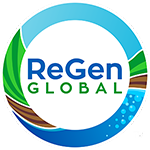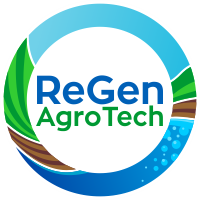Nano-Bubble Hydrogen Water Shows Promise in Combating Viral Inflammation in Zebrafish Model
A new study has demonstrated that nano-bubble hydrogen water (nano-HW) can effectively reduce inflammation caused by viral infections in zebrafish, paving the way for potential therapeutic applications in human medicine. Researchers from Huazhong Agricultural University and Shenzhen Nano Buddy Technology Co., Ltd. conducted the study, which was published in Virologica Sinica.
The study focused on zebrafish infected with the spring viremia of carp virus (SVCV), a model for studying viral-induced inflammation. Results showed that nano-HW significantly suppressed viral replication, reduced tissue damage, and lowered the expression of pro-inflammatory cytokines. These findings suggest that nano-HW may be effective in mitigating inflammation caused by viral infections, offering a novel approach to antiviral therapy.
Nano-HW, which contains a hydrogen concentration of approximately 0.7 ppm, has several advantages over traditional hydrogen-rich water. Its improved solubility and stability ensure more efficient hydrogen delivery, potentially enhancing its therapeutic effects. Hydrogen therapy has been explored for its antioxidant and anti-inflammatory properties, but this study highlights nano-bubble technology as a means to optimize these benefits.
Beyond viral infections, nano-HW’s ability to regulate inflammatory responses could have broader implications for treating inflammatory diseases, including those linked to oxidative stress. However, researchers emphasize that further studies are needed to explore its effectiveness in other models and potential applications in human health.
As scientists continue to explore hydrogen-based therapies, nano-HW emerges as a promising candidate for reducing inflammation and improving disease outcomes. Future research will focus on clinical trials and potential pharmaceutical applications to determine its viability as a mainstream treatment option.

